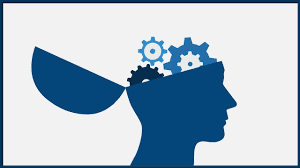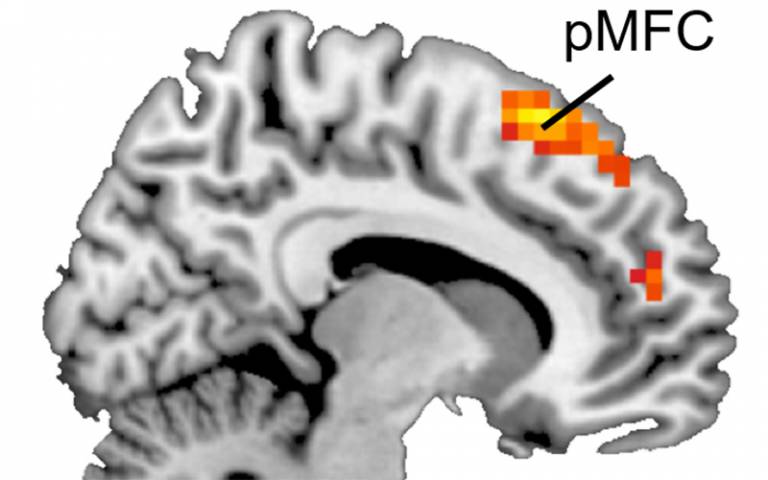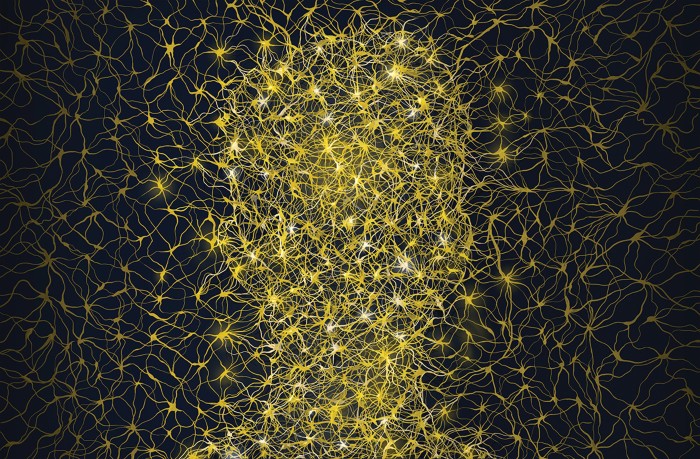L. Mudrik, I. G. Arie, et al.
Trends in Cognitive Sciences
Available online 12 April 2022
Abstract
Findings demonstrating decision-related neural activity preceding volitional actions have dominated the discussion about how science can inform the free will debate. These discussions have largely ignored studies suggesting that decisions might be influenced or biased by various unconscious processes. If these effects are indeed real, do they render subjects’ decisions less free or even unfree? Here, we argue that, while unconscious influences on decision-making do not threaten the existence of free will in general, they provide important information about limitations on freedom in specific circumstances. We demonstrate that aspects of this long-lasting controversy are empirically testable and provide insight into their bearing on degrees of freedom, laying the groundwork for future scientific-philosophical approaches.
Highlights
- A growing body of literature argues for unconscious effects on decision-making.
- We review a body of such studies while acknowledging methodological limitations, and categorize the types of unconscious influence reported.
- These effects intuitively challenge free will, despite being generally overlooked in the free will literature. To what extent can decisions be free if they are affected by unconscious factors?
- Our analysis suggests that unconscious influences on behavior affect degrees of control or reasons-responsiveness. We argue that they do not threaten the existence of free will in general, but only the degree to which we can be free in specific circumstances.
Concluding remarks
Current findings of unconscious effects on decision-making do not threaten the existence of free will in general. Yet, the results still show ways in which our freedom can be compromised under specific circumstances. More experimental and philosophical work is needed to delineate the limits and scope of these effects on our freedom (see Outstanding questions). We have evolved to be the decision-makers that we are; thus, our decisions are affected by biases, internal states, and external contexts. However, we can at least sometimes resist those, if we want, and this ability to resist influences contrary to our preferences and reasons is considered a central feature of freedom. As long as this ability is preserved, and the reviewed findings do not suggest otherwise, we are still free, at least usually and to a significant degree.





